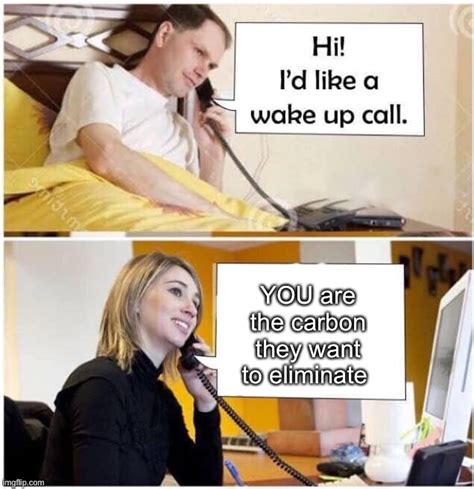A new study out of Osaka, Japan has found that the UN’s climate policy org is using faulty historic data and assumptions in fashioning radical carbon zero and other policies.

Meanwhile an analysis using the organizations modelling data shows that even if its radical policies were imposed to the letter, they would have a negligible impact on the warming those models claim will happen over the next half century.
The Osaka study, by independent climate researcher Dai Ato, has challenged the long-held assumption that the rise in atmospheric CO2 is entirely due to human emissions.
The study was published in Science of Climate Change, and points out flaws in the way CO2 levels are reconstructed from Antarctic ice cores, and questions the accuracy of the commonly accepted figure of 280 ppm CO2 at the onset of the Industrial Revolution.
The study highlights discrepancies in CO2 data, with some years showing increases or decreases that cannot be explained by human emissions alone.
It also notes that natural factors, such as sea surface temperature, may play a more significant role in CO2 levels than previously thought. Ato suggests that the scientific community may need to reconsider its understanding of past CO2 levels and their relationship to climate change.
Reacting to the study, long time radical climate policy skeptic Steve Milloy posted on X on 4 March:
Climate hoaxer heads will explode: Japanese researcher claims the assumption that pre-industrial CO2 was at 280 ppm is demonstrably wrong:
Reconstructed ice core CO2 values and modern CO2 and CH4 measurements do not support the narrative that human emissions are driving changes in atmospheric greenhouse gas concentrations.
Net Zero By 2050 Would Barely Change Temps, UN’s Own Climate Models Say
.
Even according to the UN’s own climate models - plus trillion Euros funnelled toward trying to reduce atmospheric carbon would result in just a 0.08°C reduction in global average temperatures.
The research found that though the models do indeed show warming of several degrees celsius in the coming decades (and they are models, not necessarily accurate predictors of what will happen), they also predict little effect even from radical and costly climate change policies.
Meanwhile the Amazon gets bulldozed for the swanky COP meetings which each year get a little more incredulous.

